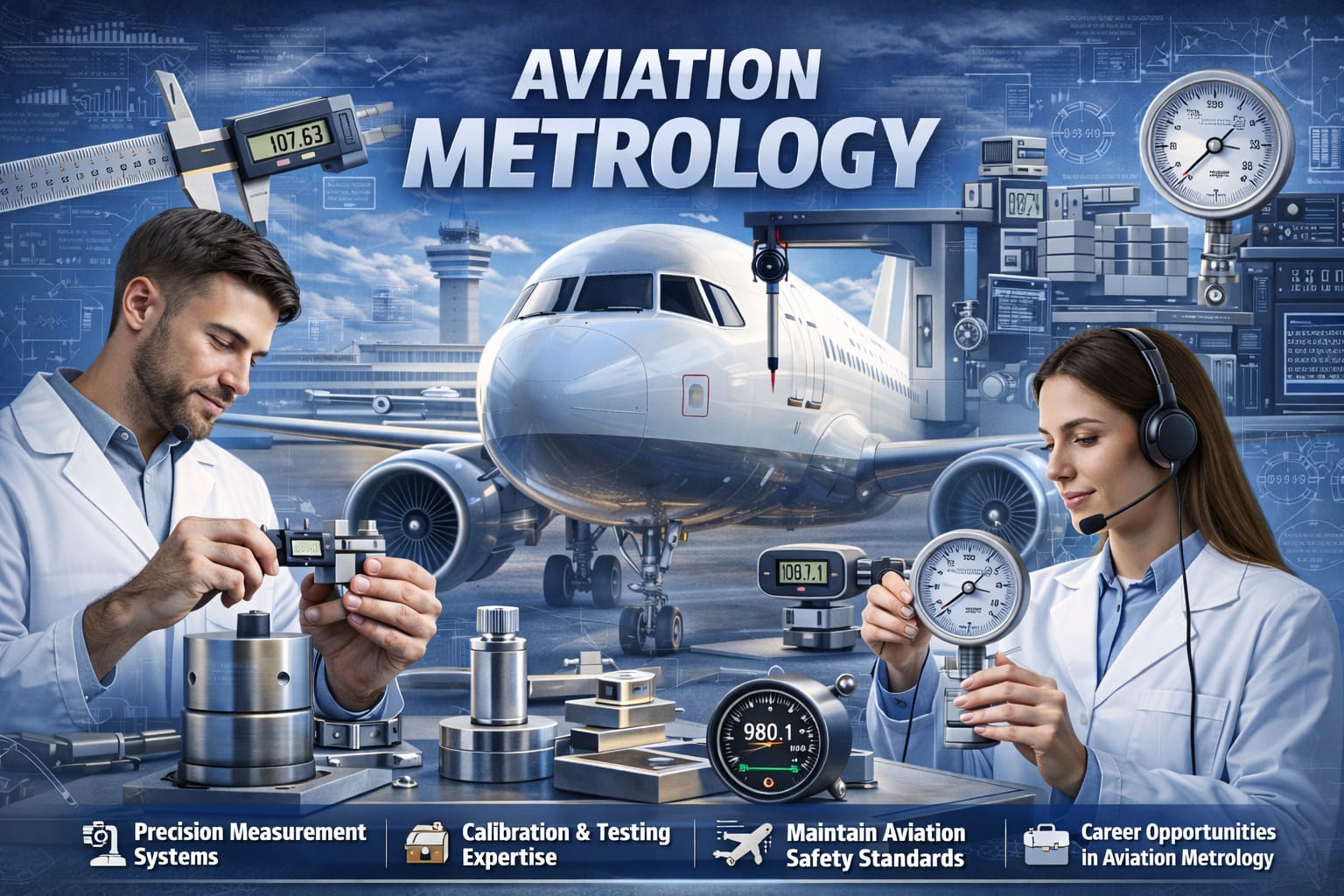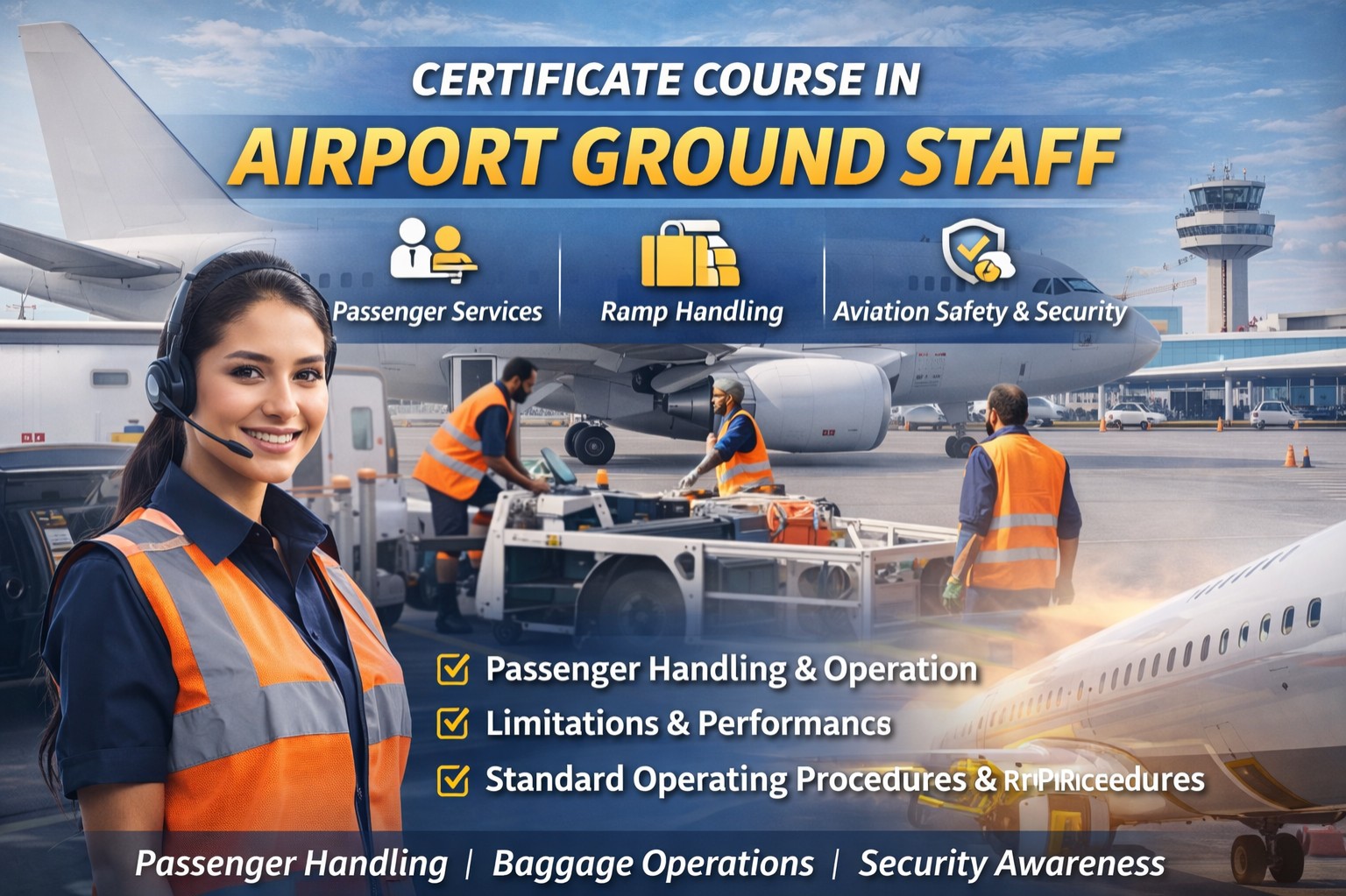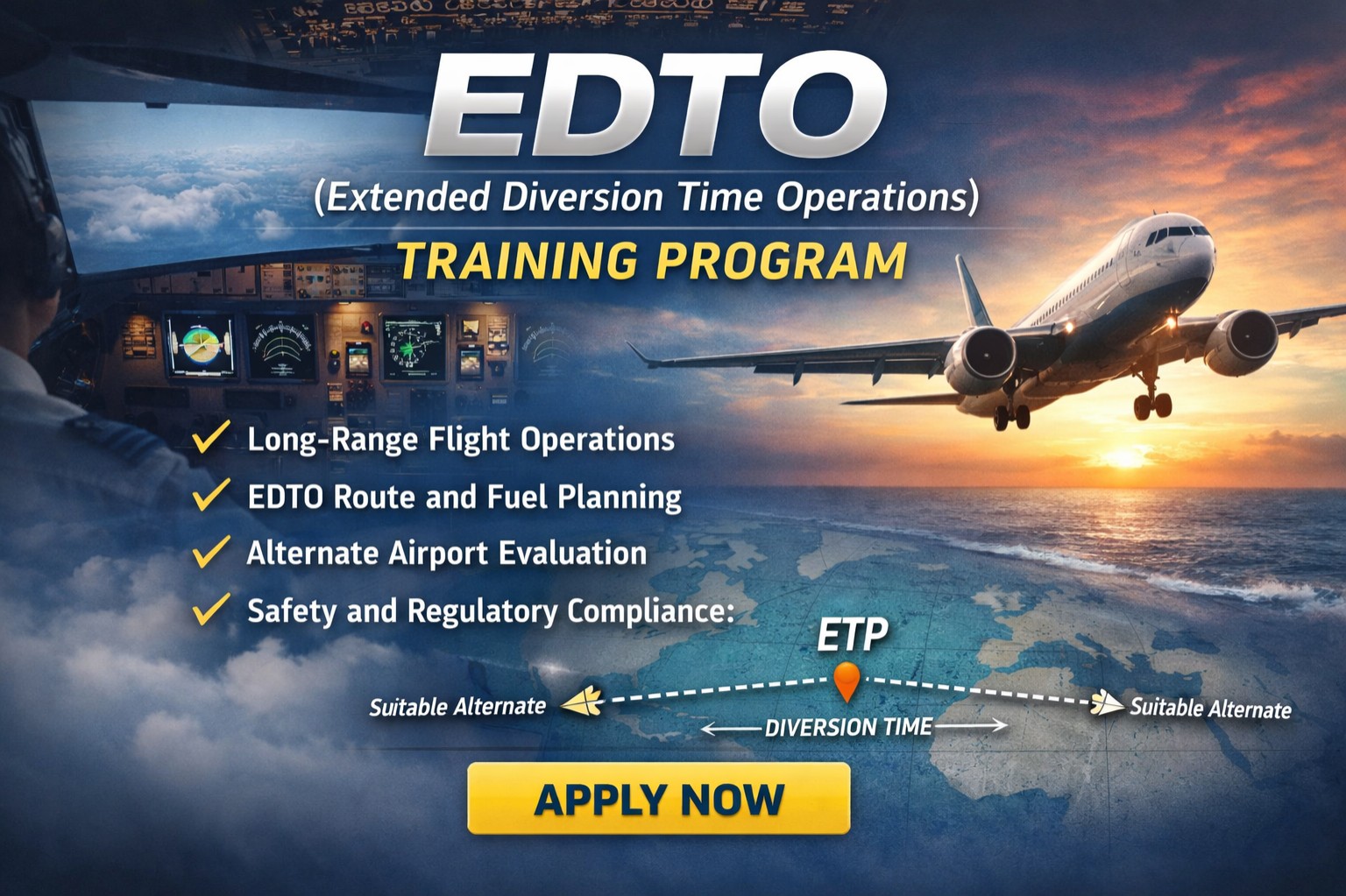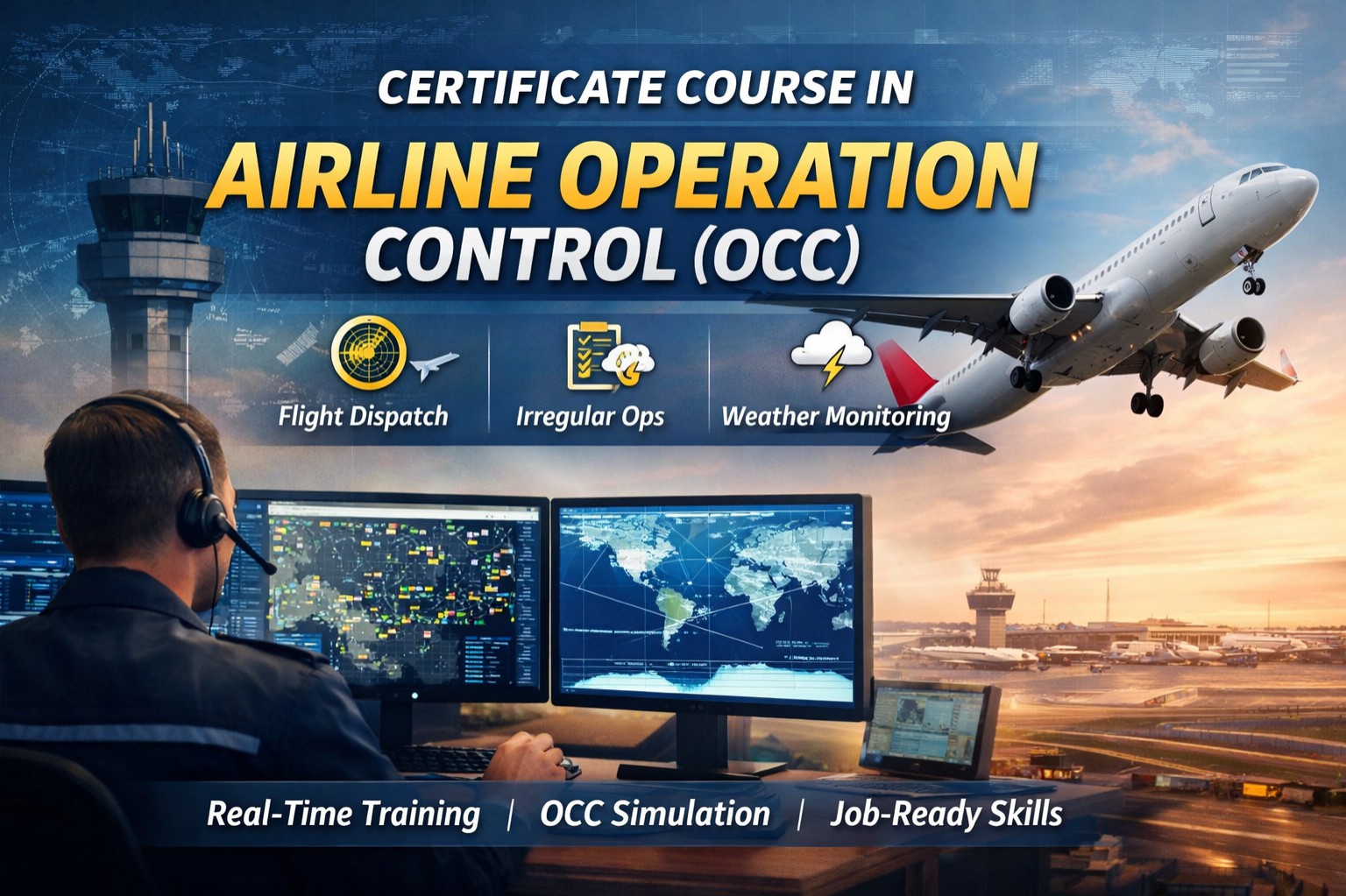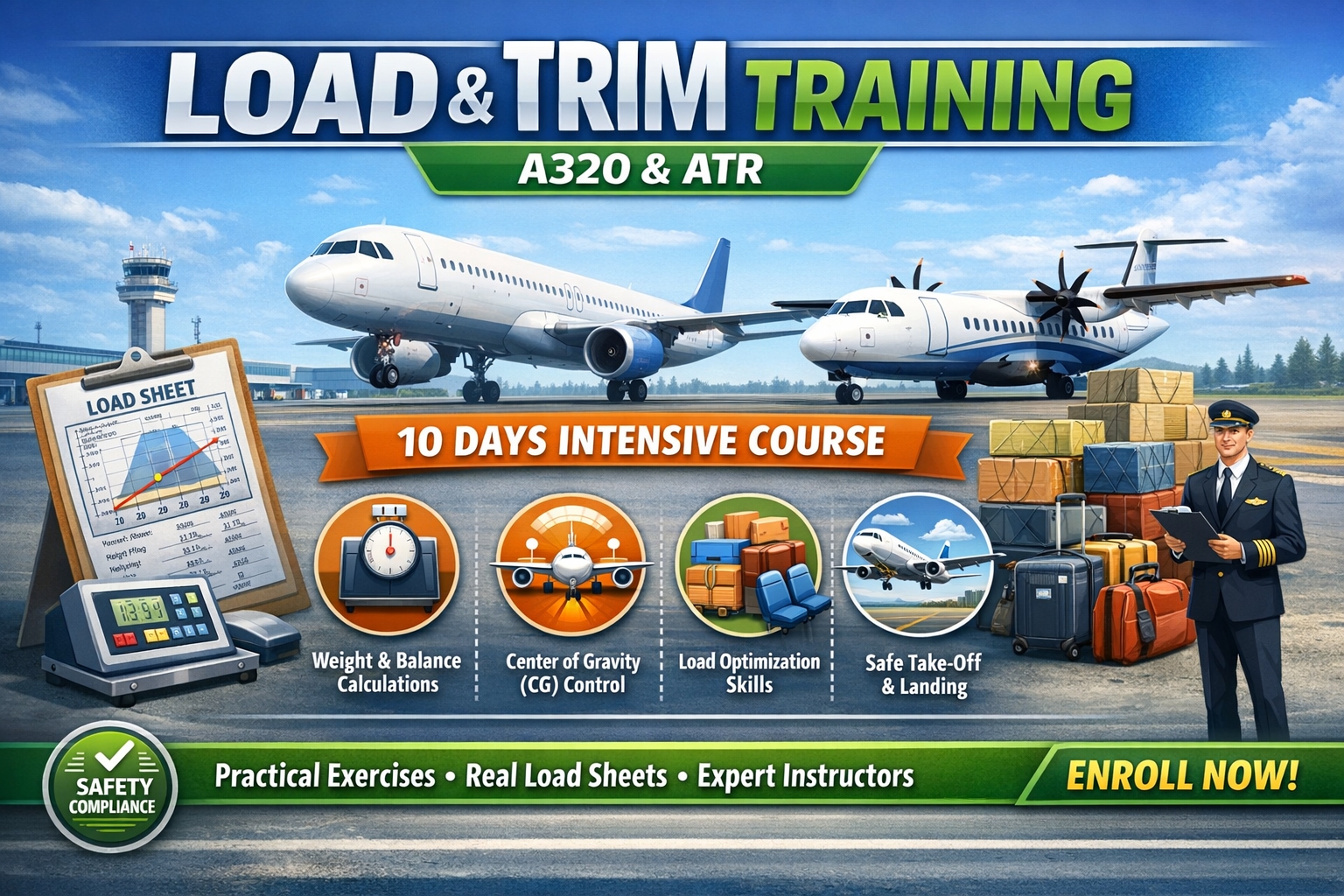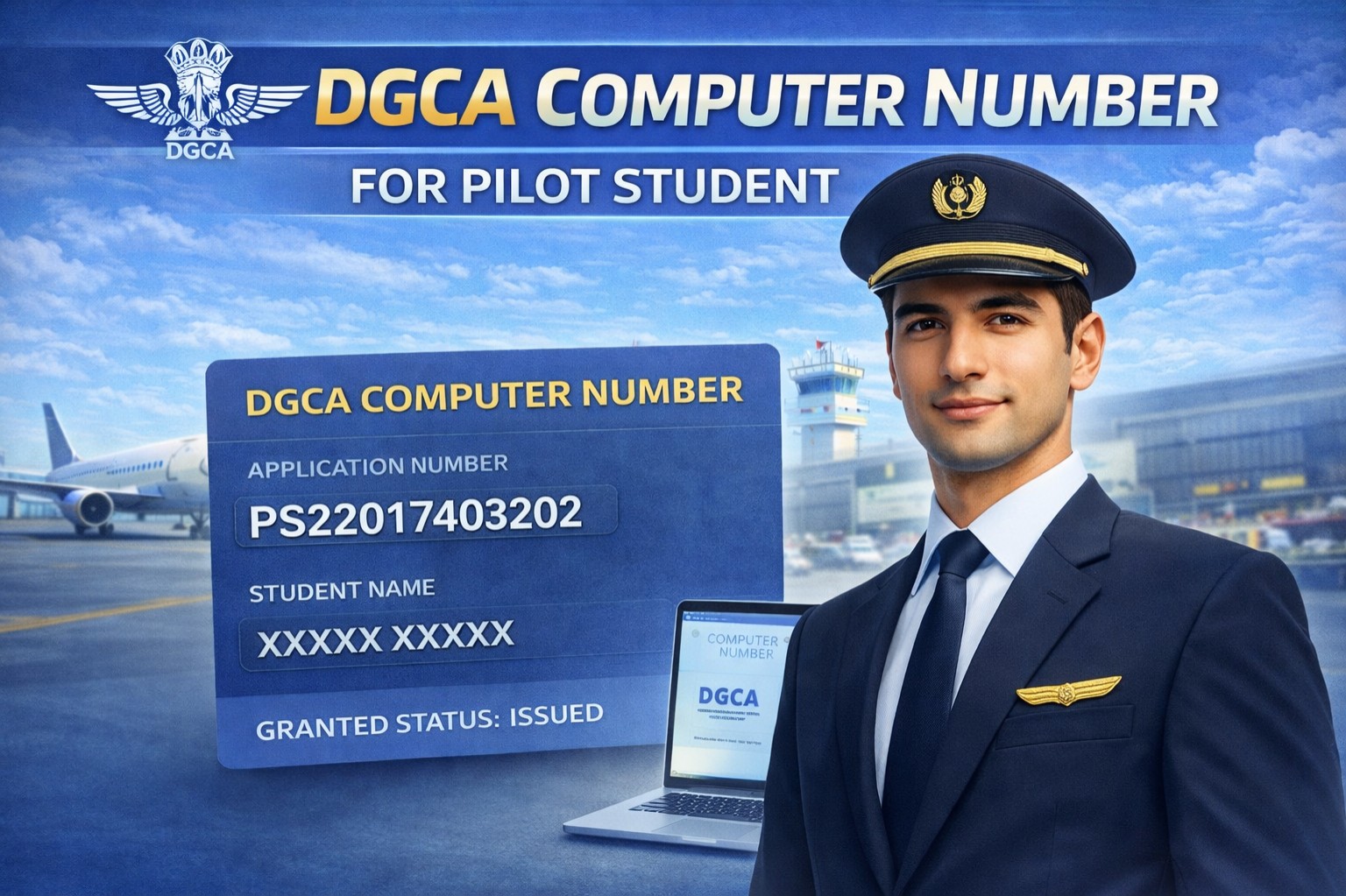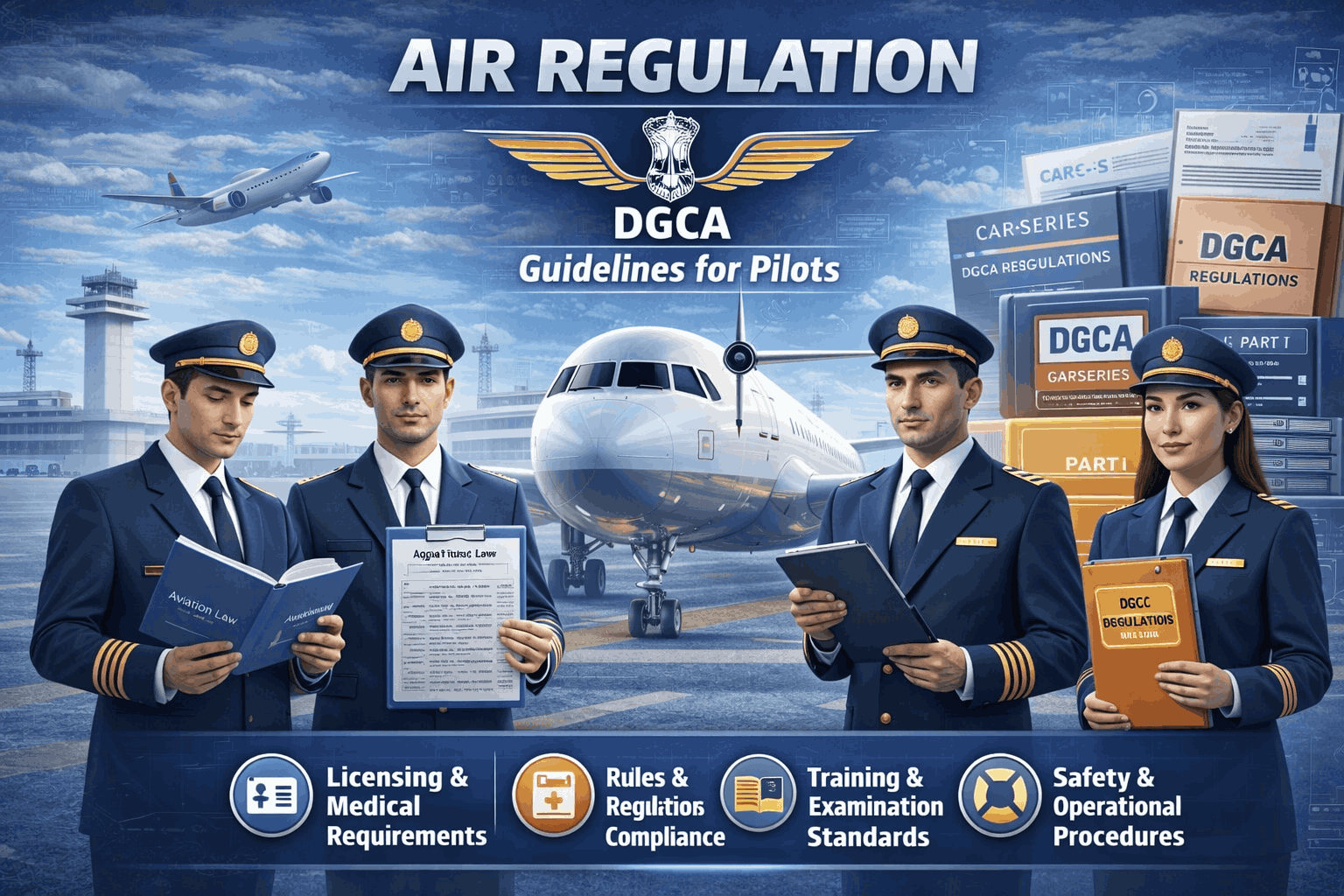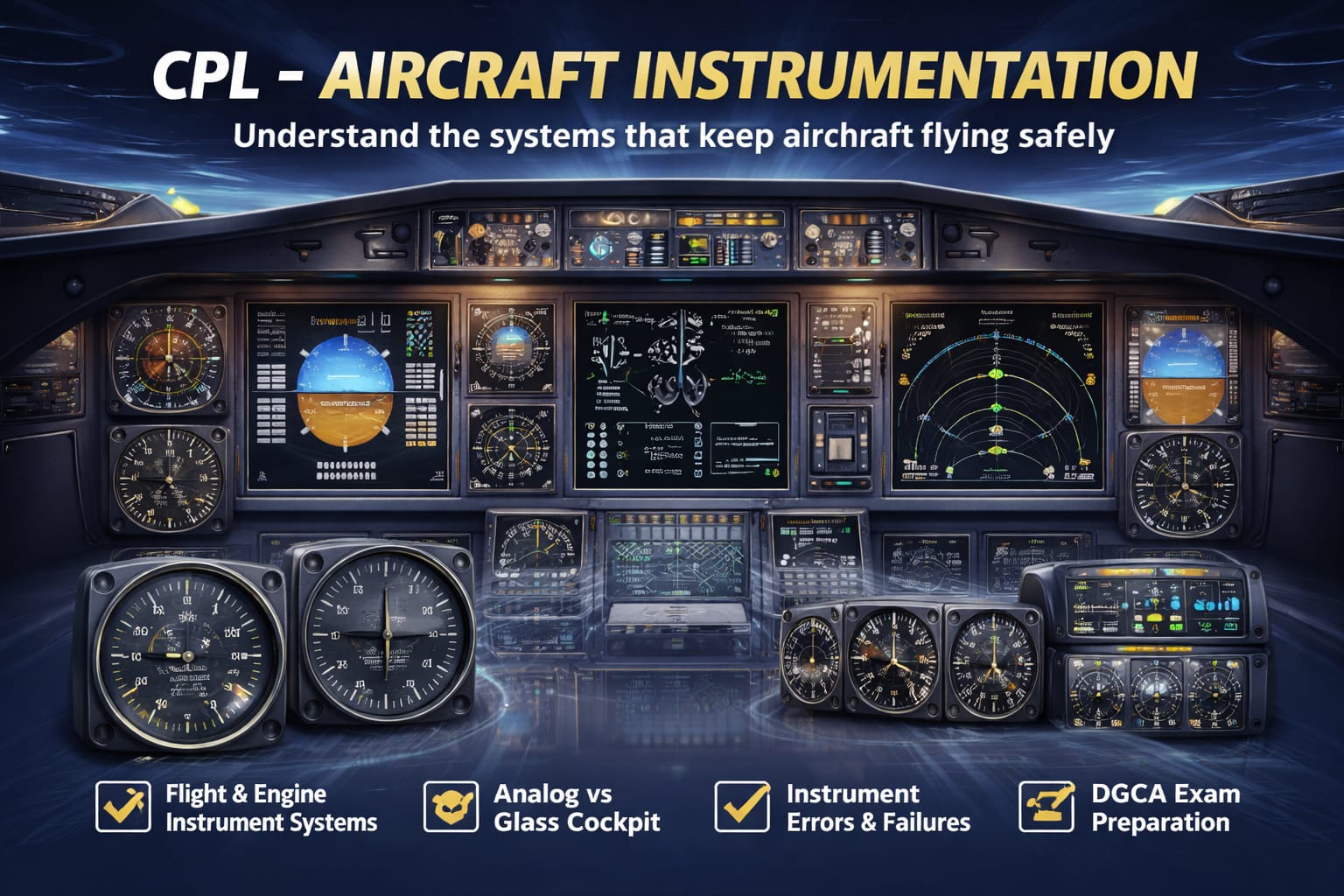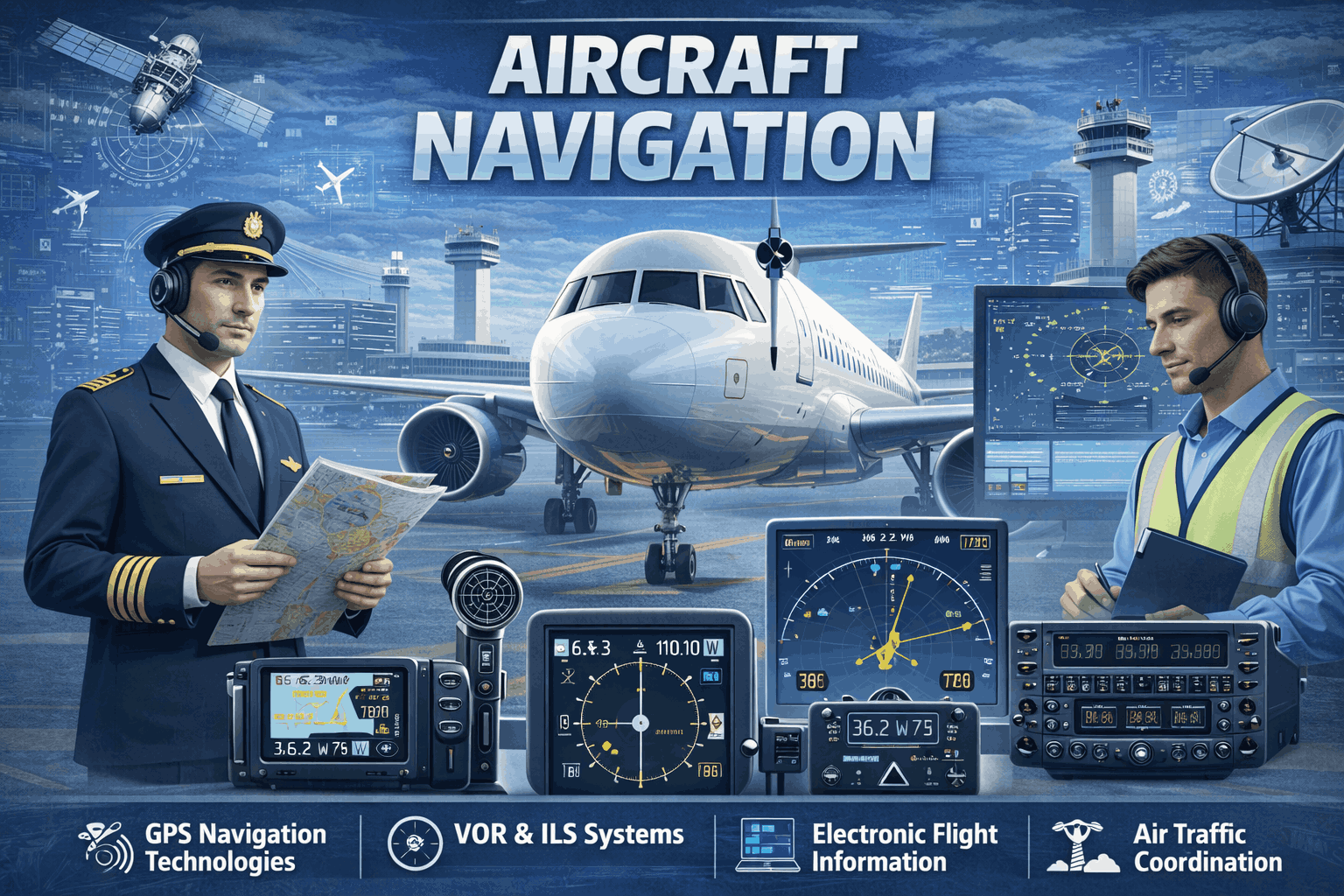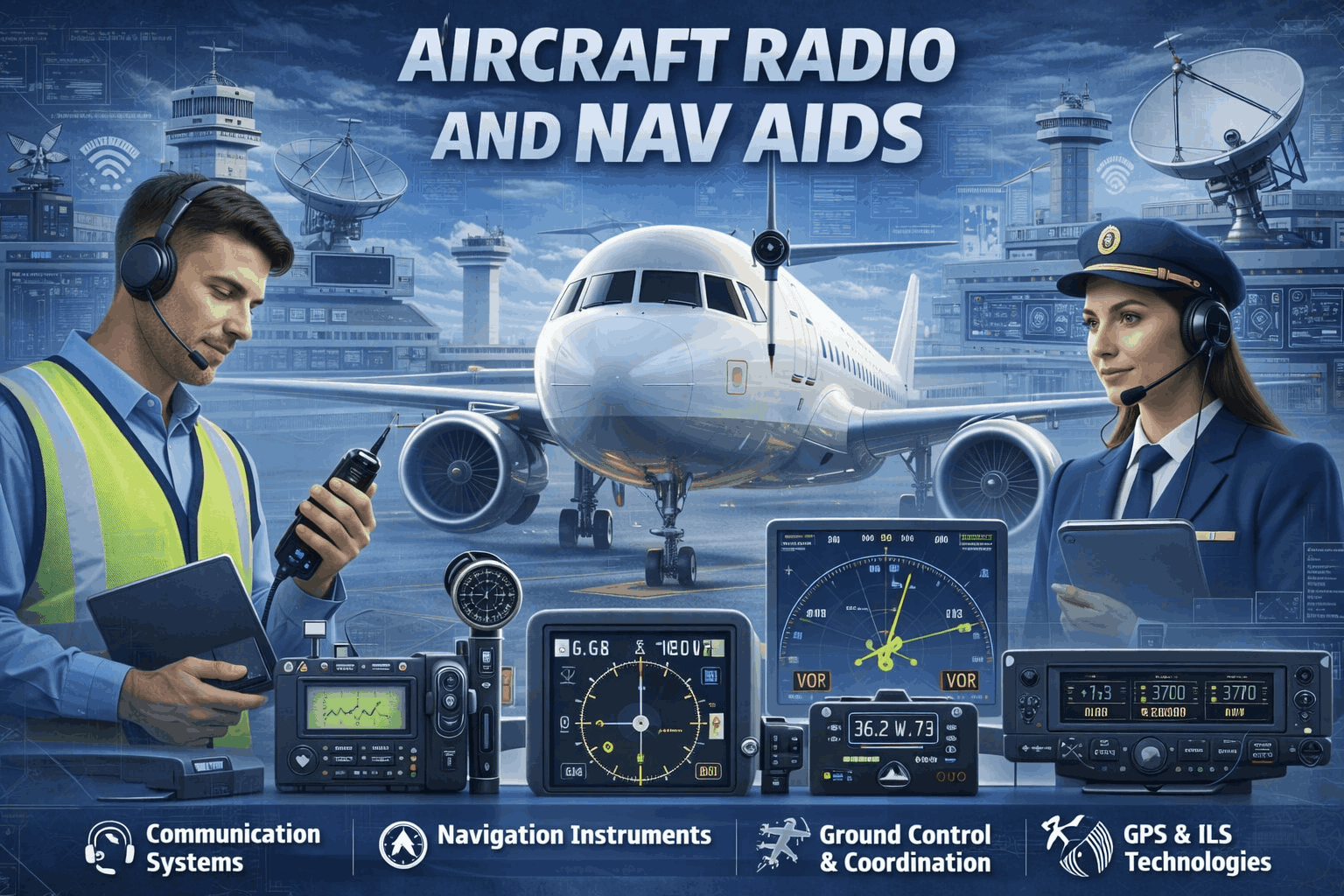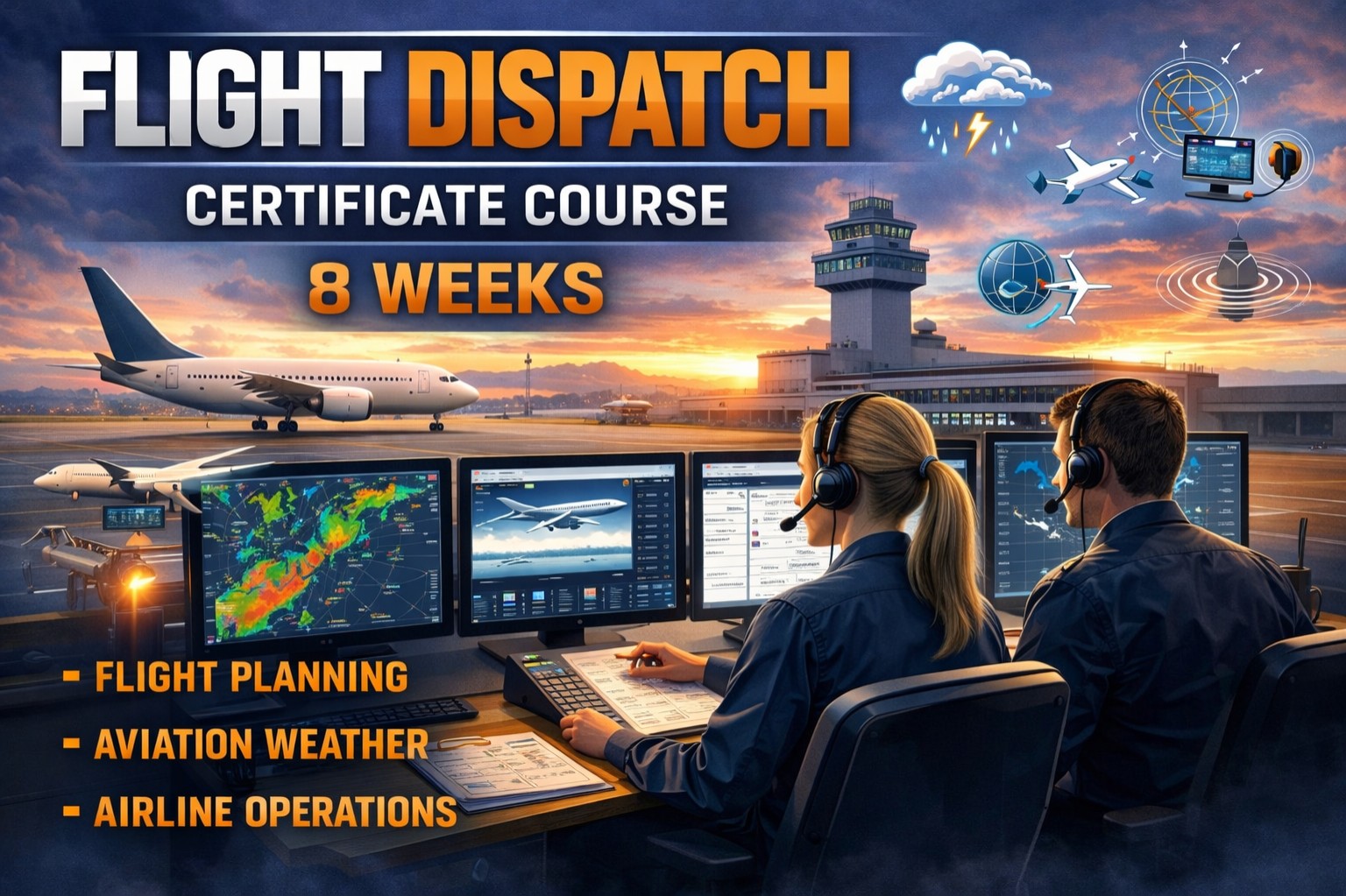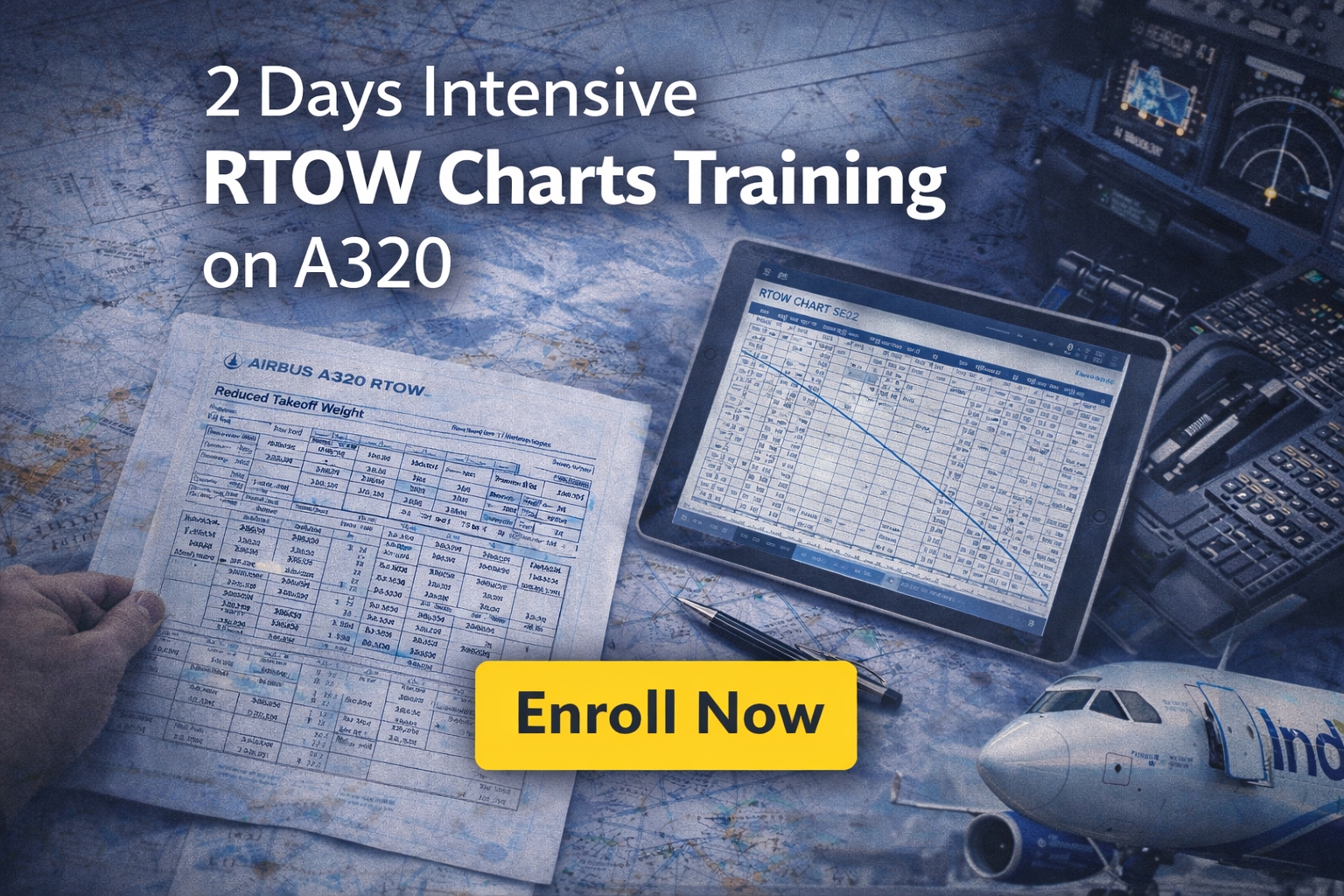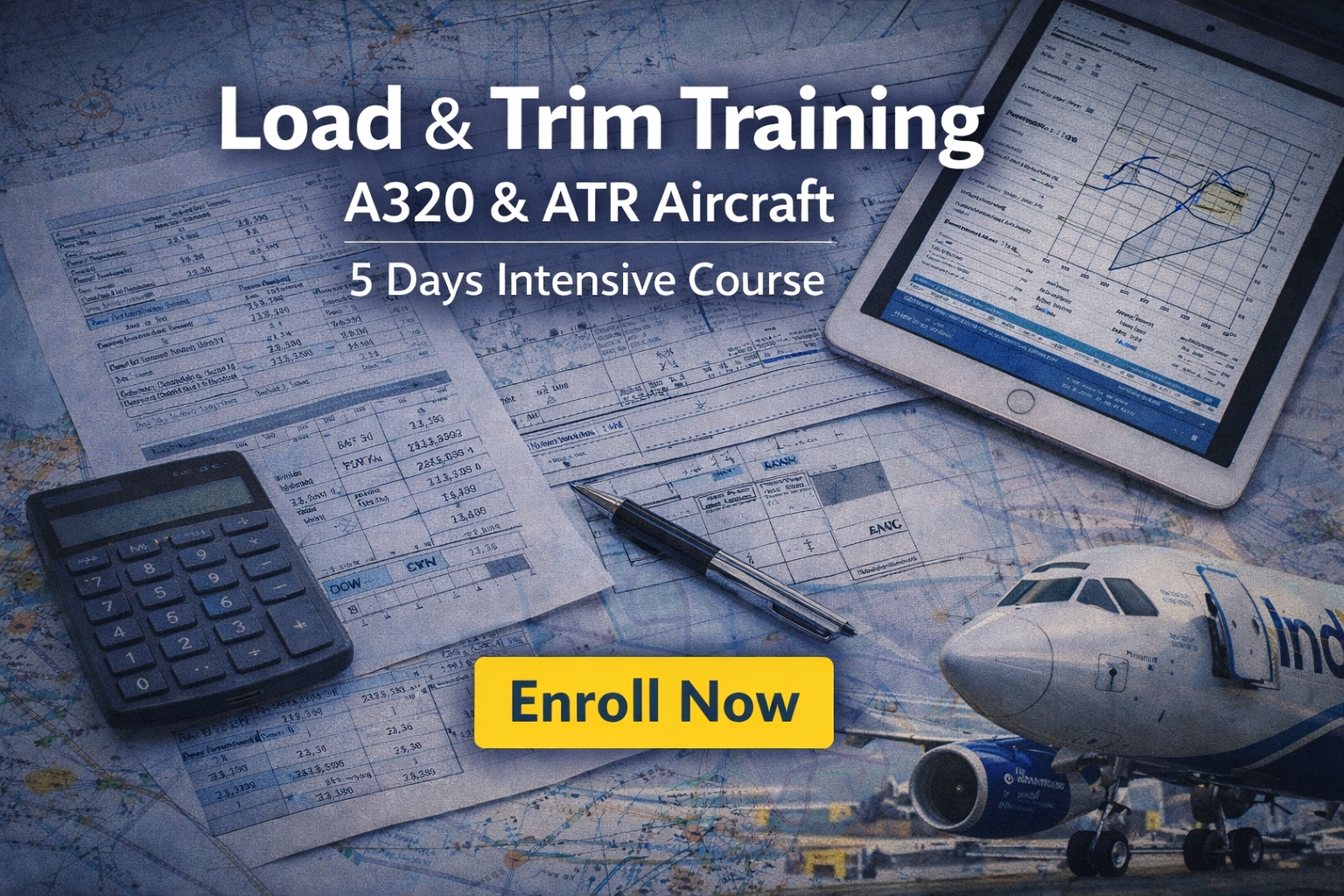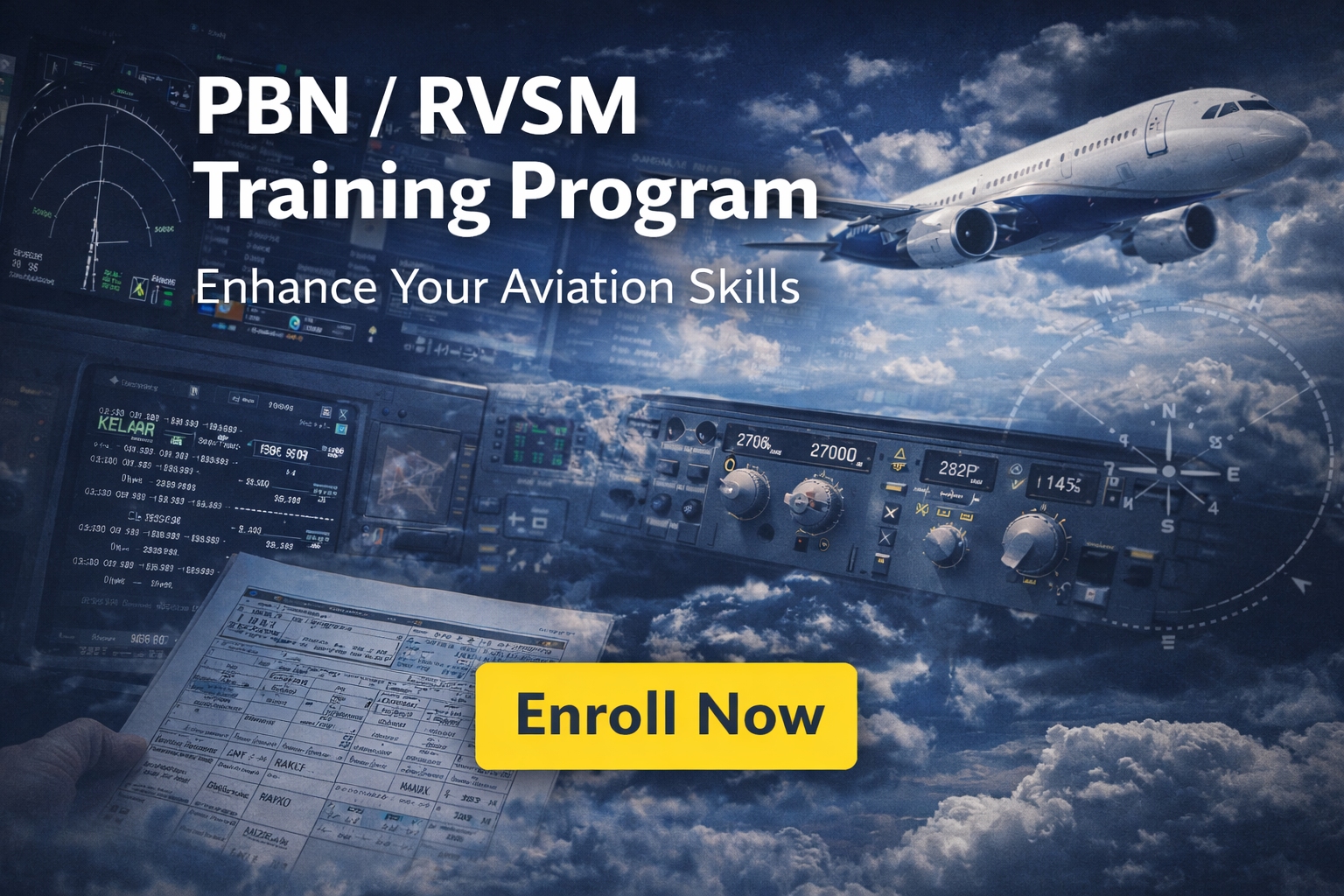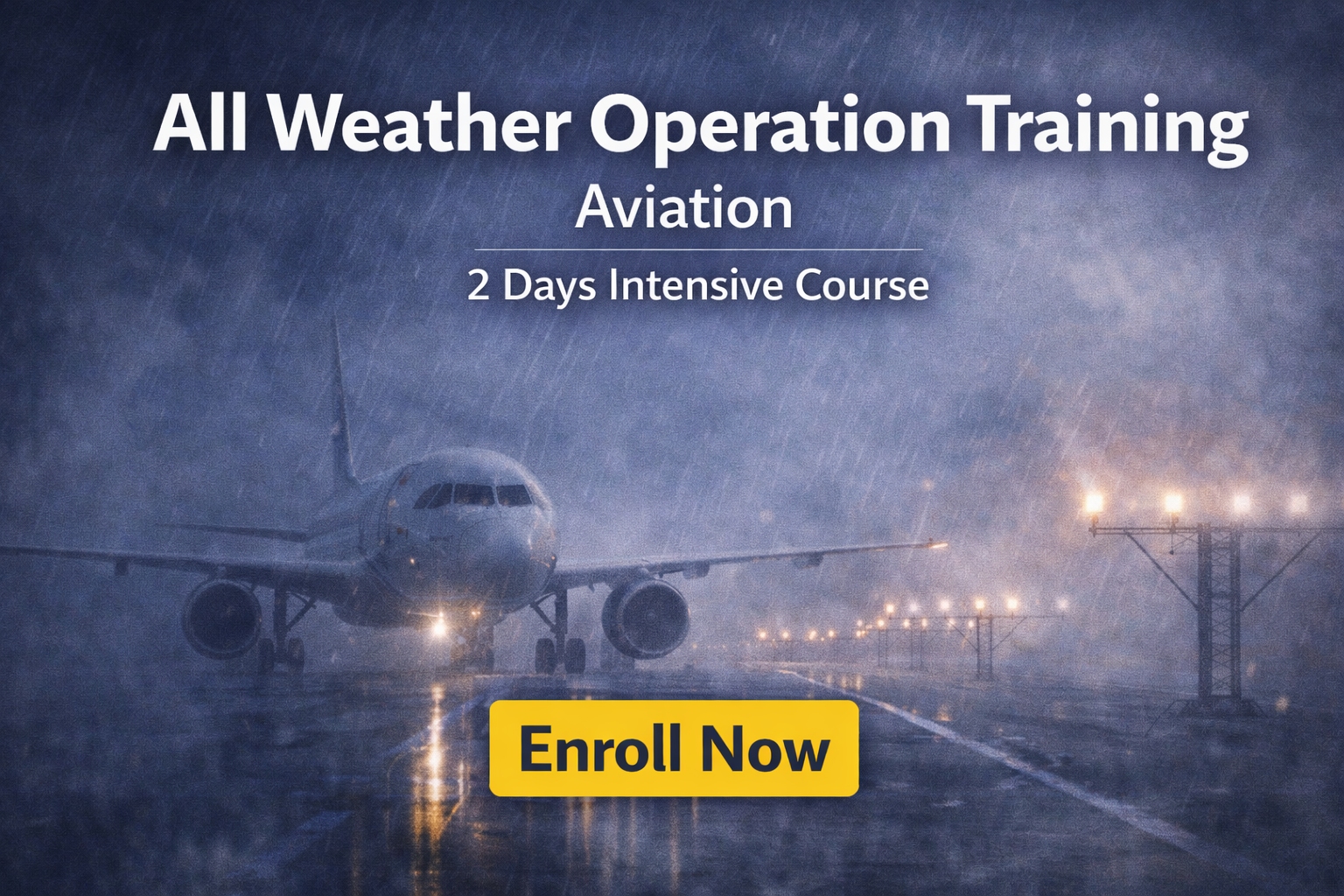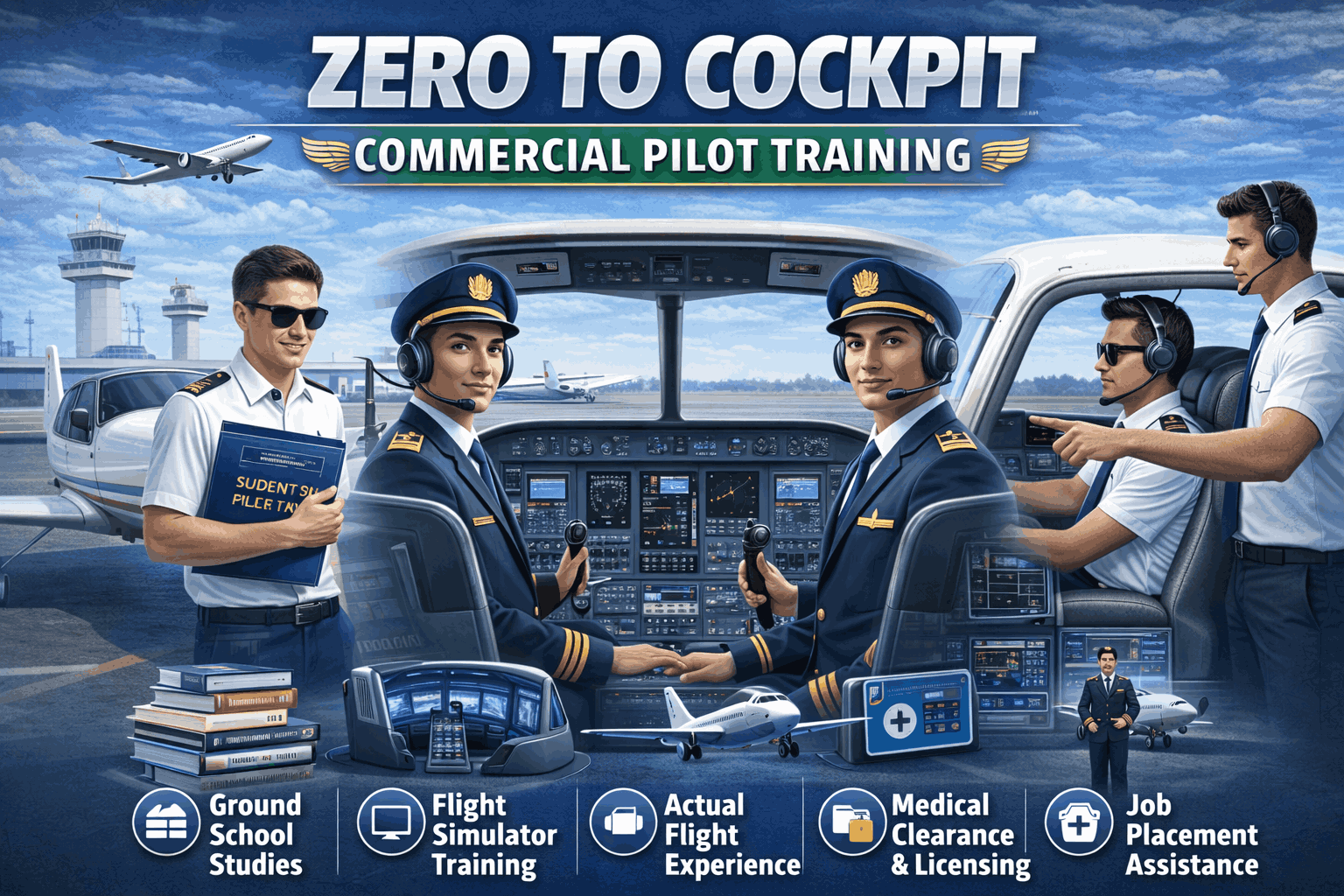Certificate Course in Retail Management
- 01 Months
- 20 Lectures
- 68+ Students Enrolled
The Certificate Course in Airport Retail Management is a professionally designed program that provides in-depth knowledge of retail operations within airport environments. This course focuses on customer service excellence, luxury and duty-free retail, merchandising strategies, airport regulations, and revenue management. Learners gain practical exposure to how global airport retail brands operate and how to manage high-footfall, fast-paced retail spaces efficiently.

Course Overview
Industry-ready airport retail skills
Improved customer service confidence
Strong understanding of duty-free operations
Professional retail and communication exposure
Enhanced job readiness for airport retail roles
Requirements
- Good Communication Skills
- Basic Knowledge of Aviation will be an added advantage
- Age Group -18-27 Years
Certification
◉ Certification: Certification (or award, credential, license, diploma, degree, etc.) follows the assessment process and is a record that the individual’s competency has been validated.
◉The certificate is usually issued by an Awarding Body, which has public trust and competence, conferring official recognition of an individual’s value in education, the labor market, and training.
What you'll learn
- Fundamentals of Airport Retail Management
- Duty-Free & Luxury Retail Operations
- Customer Handling in High-Traffic Environments
- Visual Merchandising & Product Placement
- Sales Techniques & Revenue Optimization
- Airport Rules, Security & Retail Compliance
- Professional Communication & Workplace Etiquette
- Awareness of IATA & ICAO standards
Course Curriculum
- Introduction to Aviation Communication
- Grammar essentials for daily and professional use
- Vocabulary building (Airport & Customer Service terms)
- Pronunciation, accent neutralization & fluency practice
- Basic conversation practice (Passenger interaction scenarios)
- Public speaking & situational communication
- Handling passengers, complaints & queries professionally
- Telephone & email communication skills
- Role plays: Airport counters, retail & service desks
- Body language, grooming & professional etiquette
- Aviation & Airport interview question patterns
- Personal introduction & self-presentation
- HR & technical interview mock sessions
- Resume building & profile enhancement
- Group discussion & confidence-building activities
- Introduction to IATA & ICAO
- ICAO Annexes & global aviation standards
- IATA Annexes & global aviation standards
- Airport operations & international regulations
- Final assessment & certification briefing
Skill Development Achievements
- Gain industry-oriented knowledge of airport retail operations
- Develop strong customer engagement and sales skills
- Understand duty-free and luxury brand management
- Learn airport security, safety, and compliance standards
- Improve communication and professional grooming skills
- Enhance employability for airport and aviation retail roles
Submit Reviews
Course Includes:
- Student Enrolled68+
- Topic20+
- Lectures20+
- Lifetime Access
- Certificate of Completion
